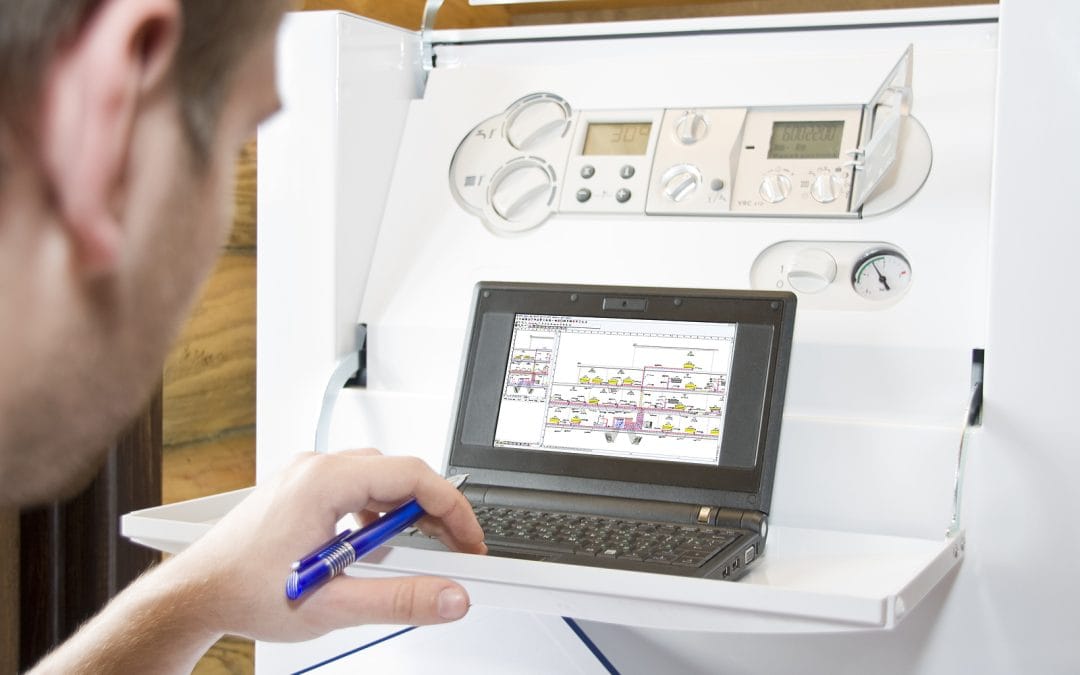The arrival of the first snows of winter in the middle of November will have come as a shock to many people. It might be normal for those living in mountainous areas of Scotland, but the sight of snow in London will have been a big surprise to many.
This does not mean that we are all in for a long, hard, freezing winter, which would be ironic after hearing over the past 18 months how global temperatures have been the highest since records began.
Even so, it is a reminder that there will be some very cold days over the next few months, with January and February usually proving to be the coldest with the highest chance of snow.
Few things can be more of a nightmare when the days are cold than having the boiler malfunction.
We always advise households and landlords to make sure they get them serviced and, if necessary, replaced in spring and summer, when the days are warmer and engineers are not all busy with emergency call-outs.
Sure enough, there will be plenty of emergencies this winter, so if you haven’t had your boiler serviced yet, now is the time to do so.
NRLA Gives Boiler Advice
This is not just advice that homeowners should take. It also applies to landlords, a point highlighted by the National Residential Landlord’s Association (NRLA), as it issued its advice to landlords via its Landlord insurance and maintenance partner YourRepair to get the properties in their portfolios fit for the winter.
Among its important tips was advice regarding boilers. It said: “One of the most crucial steps for landlords is ensuring that the property’s boiler is in good working order,” noting that a failing boiler won’t just leave tenants without heat and hot water when they need it most, “but it can also lead to expensive repairs or even replacement.”
The advice continued: “Scheduling an annual service before winter ensures that any issues are addressed early.”
Nor is this the only effective steps landlords can take, YouRepair noted, as it advised that if a boiler is over ten years old, now may be a good time to “upgrade to a more energy-efficient model”.
Such advice is something every landlord should consider, because a newer and more energy-efficient boiler will not just be less likely to break down and cause a winter emergency call out, but save the tenants money as well.
Quite apart from this being a caring and responsible thing for a good landlord to do, it is in their own interests, as lower energy bills reduce the possibility of tenants who are on a tight budget not being able to meet rental payments during the winter months.
Related Tips On Pipes, Radiators And Insulation
The advice was given alongside other tips, some of which are also relevant to potential winter plunging and heating issues – especially water pipes. These are, of course, a major cause of severe problems in winter if they freeze and then burst.
“Landlords should ensure that all external pipes are insulated and that internal pipes in unheated areas, such as basements or lofts, are protected,” the NRLA stated, adding that landlords should mask their tenants to leave the heating on low when they are away from the home for any time to prevent them from freezing.
Of course, our engineers and plumbers will be on hand to help with calamities like these should they take place, but, like being stuck without hot water and heating after a boiler fails, they are definitely better avoided.
Further advice included bleeding radiators, which makes them more efficient and takes the strain off the boiler, as does having good insulation as this makes it easier for the boiler to keep the house heated.
Relevant Advice For All
Indeed, the only piece of advice in the whole article unconnected to boilers and pipes was the advice to clean out the gutters, as these will often be clogged up with fallen autumn leaves and other plant debris at this time of the year.
Much of this advice may seem like common sense and, while in this case it was delivered via the NRLA’s insurance and maintenance partner, it applies to all landlords (whether NRLA members or not) and to householders as well.
True, in an ideal world a boiler check would have been undertaken before the unexpectedly early first snows of winter arrived. But with boilers likely to face a lot more strain over the next few months, it is still better to have the check done now instead of crossing your fingers and hoping the appliances make it through the winter.

